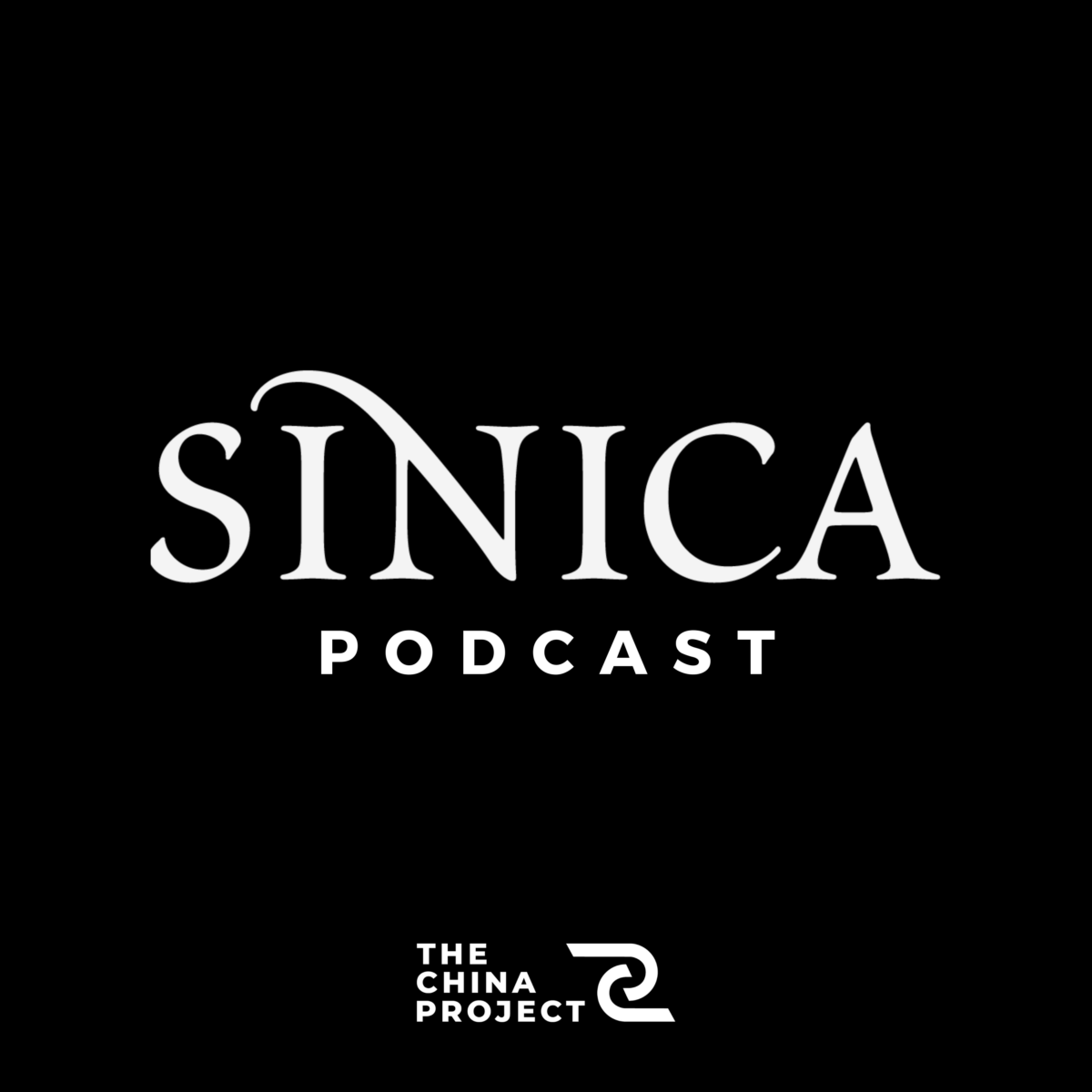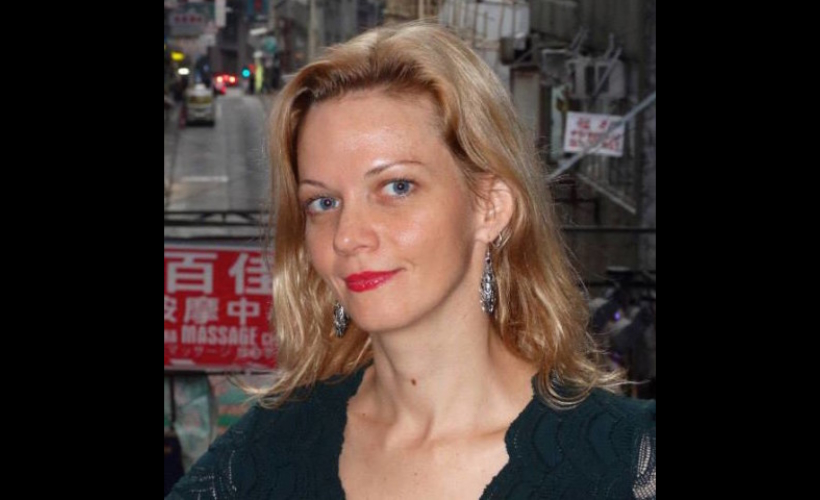This week on Sinica, Kaiser and Jeremy chat with Christina Larson, a science and technology reporter for the Associated Press, about a major story that her team broke: the Chinese scientist Hè Jiànkuí 贺建奎 announcement that he had edited the genes of embryos conceived in vitro, and that twin girls had been born, making them — if his claims are true — the world’s first gene-edited babies. We look at the overwhelmingly critical response to this announcement in the Chinese scientific community, among ordinary people, and among officials, as well as what this may mean for the ethical landscape in Chinese science. Please note that this show was taped in December 2018, and since then, He Jiankui has resurfaced, claiming that he’s doing just fine — so far.
15:20: The process by which He Jiankui conducted his research raised concerns throughout scientific circles worldwide. Christina was among a team of Associated Press reporters that spoke with the supposed founder of the hospital HarMoniCare, who allowed He to circumvent submitting his research to an ethical review board. “He told us, quite proudly, that he wasn’t a doctor or scientist, but a hospital property developer.”
24:34: The dodgy science behind a misguided experiment. Christina lists the litany of failures in He’s methodology, principal among them: the genes that were intended to be edited. “But there’s also evidence from the information Hè presented…that only half of the intended genes were edited in one of the two twins.”
31:10: When it comes to medicine, particularly ethically questionable experiments like the one He conducted last year, the stakes are higher. “So, ideally, scientists have peer review and ethical review boards, and technology companies have trade secrets and product launches in beta, because presumably the stakes are lower if it’s a social media app. But things get messier in medicine when it’s a life-or-death technology. You can’t release something like that in beta.”
Recommendations:
Jeremy: The Selfish Gene, by Richard Dawkins, a gene-centered story of evolution.
Christina: She Has Her Mother’s Laugh: The Powers, Perversions, and Potential of Heredity, by Carl Zimmer, a book on genetic inheritance; also, a story by Christina’s colleagues at the Associated Press on tracing products made in Uyghur internment camps: US sportswear traced to factory in China’s internment camps.
Kaiser: The Road to Jonestown: Jim Jones and Peoples Temple, by Jeff Guinn, a dispassionate story of the horrifically tragic story of Jim Jones and the Jonestown Massacre.
This podcast was edited and produced by Kaiser Kuo and Jason MacRonald.








